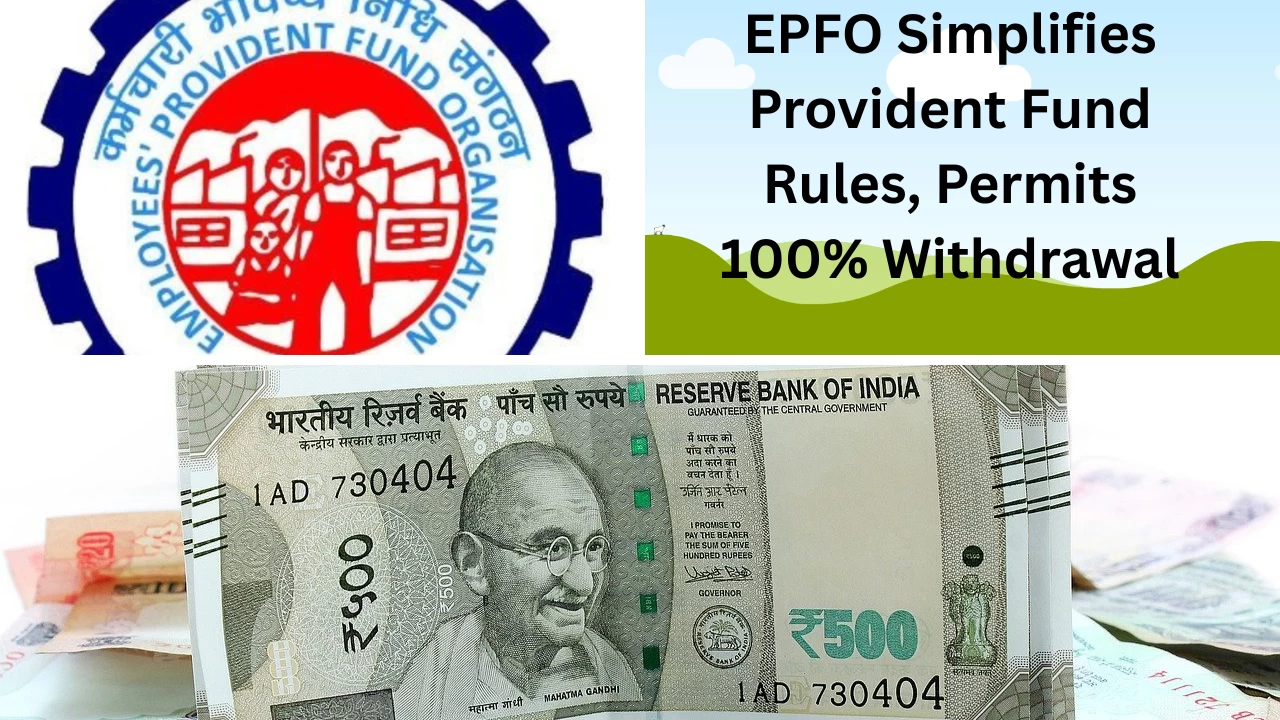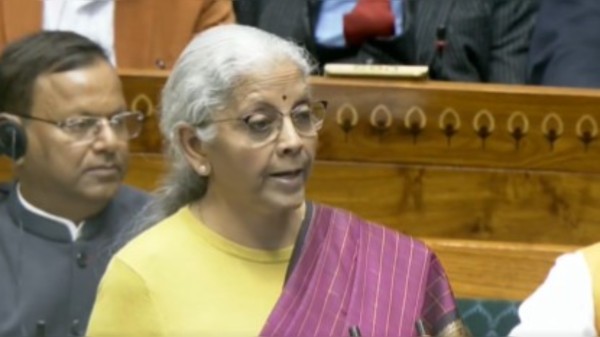

By signing in or creating an account, you agree with Associated Broadcasting Company's Terms & Conditions and Privacy Policy.


By signing in or creating an account, you agree with Associated Broadcasting Company's Terms & Conditions and Privacy Policy.

New Delhi: Employees' Provident Fund (EPF) is a government-controlled savings scheme that provides financial security to salaried people after retirement. Let’s see if an employee withdraws his EPF before completing 5 years of continuous service, then income tax is levied or not?
If an employee withdraws his/her Employees' Provident Fund (EPF) before completing 5 years of service, then he/she can be taxed. In this situation, EPFO usually deducts TDS. Whereas, if the employee has given a PAN number, then 10% TDS is deducted. This deduction applies to the contribution and interest earned by both the employee and the employer (Employer), but if the employee has not given PAN, then the TDS rate increases to 34.608%.
According to the EPF scheme, continuous service done under previous employers is also added while counting the service period. If the service of an employee is stopped due to illness, accident, legal strike or leave, then that too will be considered a continuous service and it will not be taxed.
The amount deposited under the EPF scheme is exempt from tax at three levels. First - contribution, second - interest and third - on maturity amount. This scheme falls under the
Exempt-Exempt-Exempt-Exempt (EEE) category. In the old tax regime, an investment of up to Rs 1.5 lakh in EPF in a financial year is eligible for tax benefits under Section 80C of the Income Tax Act. At the same time, in the new tax regime, tax deduction is available only on the contribution of the employer, which is limited to 12 percent of the basic salary and DA. If an employee serves more than 5 years, then both the interest and maturity amount earned on EPF are tax-free.












